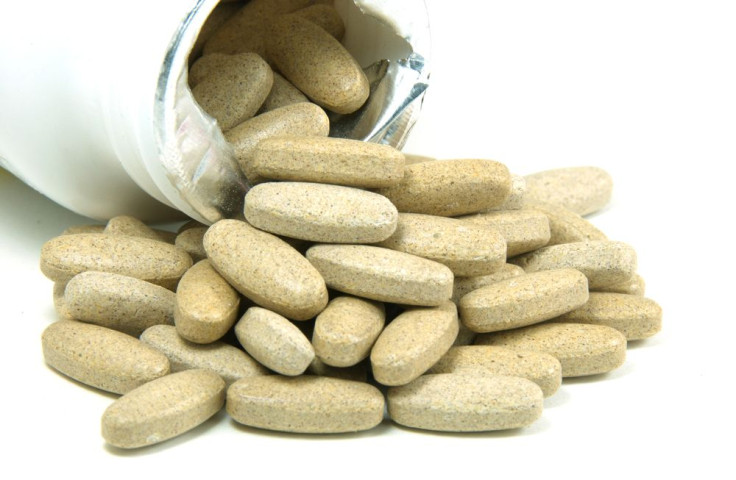Gilead To Raise Price For New Hepatitis C Drug Above $84,000

LOS ANGELES (Reuters) - The next generation version of Gilead Sciences Inc's $84,000 hepatitis C drug, already under fire for its record-breaking costs, is going to be even more expensive.
Gregg Alton, Gilead's executive vice president of corporate and medical affairs, declined to give an exact price for the new medicine, the first all-oral treatment for the virus which is expected to launch next month.
The total cost of the current treatment is $95,000, which includes Sovaldi and two older medicines, ribavirin and interferon, according to Gilead. The price of the new drug would be based on that cost, Alton said in an interview.
"We are going to price this fixed-dose regimen based on those costs," Alton said. "We do plan on launching a better product without having a significant premium."
Health insurers, U.S. state authorities and congressional lawmakers have pleaded with Gilead to offer a greater discount for Sovaldi as the cost of treating more than 3 million U.S. patients are expected to reach hundreds of billions of dollars.
The drugmaker is expected to rake in nearly $12 billion in hepatitis C drug sales worldwide in 2014. Sovaldi sales have been unprecedented for any drug in its first year on the market.
"The blank check mindset we've seen from Gilead is a threat to our entire health care system, and we hope they will pursue more sustainable pricing in the future," said Brendan Buck, a spokesman for the insurance industry's largest lobbying group, America's Health Insurance Plans.
Gilead expects savings for some patients in its pricing scheme. It said that nearly half of hepatitis C patients - previously untreated, healthier individuals - can be cured after eight weeks of using the new pill, compared with 12 weeks for the current Sovaldi regimen. That would effectively cut the treatment cost by one-third for such patients.
U.S. health regulators are due to decide by Oct. 10 whether to approve the new drug, a pill that combines Sovaldi with the experimental therapy ledipasvir and eliminates the need for other treatments. It has been shown to cure up to 99 percent of patients versus 90 percent for Sovaldi plus ribavirin and interferon, which also cause hard-to-tolerate side effects.
LOWER AVERAGE COST?
But the fact that a shorter treatment time for some will equate to a lower drug price may disappoint some investors. ISI Group analyst Mark Schoenebaum on Friday lowered his average price estimate per patient to $85,000 from $100,000 to account for it.
RBC Capital Markets analyst Michael Yee estimates that the new Gilead drug will be priced at $95,000 for 12 weeks, while Sanford Bernstein's Geoff Porges anticipated a list price of $100,000.
Alton noted that the new drug will be priced below the current cost of Sovaldi plus Olysio, a daily protease inhibitor sold by Johnson & Johnson. Although it is not FDA-approved, some doctors have been prescribing Sovaldi in combination with Olysio, costing up to $150,000.
But J. Mario Molina, chief executive officer at insurer Molina Healthcare Inc, says the drug should cost no more than $45,000 per patient, based on his estimate of how many patients it may save from severe liver disease.
"Yes, it will save lives and prevent people from having a liver transplant, but not very many," Molina said. "If I said, you give me $9 million and I will give you $4 million or $5 million back, would you do that? That's what Gilead is doing."
Hepatitis C kills more than 15,000 Americans each year, mostly from illnesses such as cirrhosis and liver cancer, according to the U.S. Centers for Disease Control and Prevention.
The often-undiagnosed virus is transmitted through contaminated blood. While infection rates have dropped since the early 1990s - due in part to the introduction of blood and organ screening - many older adults remain at risk. The CDC has called for baby boomers to be routinely tested.
Gilead estimates that around 400,000 Americans diagnosed with the virus are currently under a doctor's care.
"We are probably looking at 150,000 being treated this year, maybe slightly more - say 200,000 - next year," Alton said.
He estimates it will take three years to treat the diagnosed population, including newly identified patients, and about 20 years for hepatitis C to be eradicated.
(Reporting by Deena Beasley; Editing by Michele Gershberg and Lisa Shumaker)



























